A new program called Generations of Value has been introduced in Catholic primary schools across Australia at the start of Term 3, 2025. The program aims to help children appreciate the unique contributions of people at all stages of life, showing them how society is stronger and more vibrant with generations working together.
The program was developed by Mercy Health Foundation, Australian Catholic University (ACU), Meaningful Ageing Australia and Catholic Health Australia, and sponsored by Catholic Development Fund (CDF). One of the main instigators, the foundation’s partnerships manager, Mark Trayling, says the thinking behind the program stemmed from a comment by his grandfather, a naval man, that when people lose their last parent, they become a ship without a rudder.
‘I appreciated the sentiment because it underscored how much we rely on previous generations for guidance,’ Mr Trayling says.
‘But upon reflection, I’d modify that image: while growing up, it’s helpful to have two hands on the tiller and someone pointing to the North Star—so that later in life, we’ll know how to steer on our own. Generations of Value is a reflection of this sentiment.’
Older people now are healthier, more educated and more involved than they ever have been.
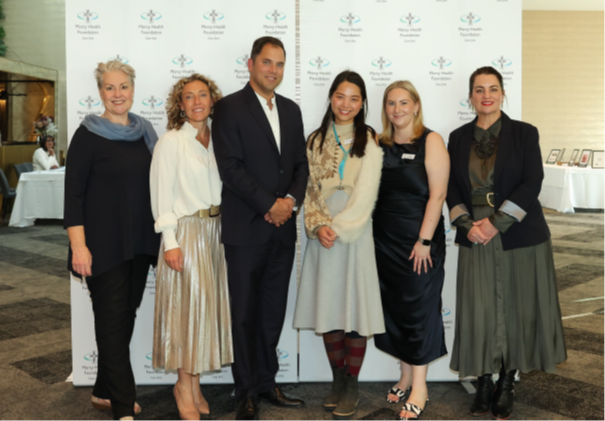
ACU Professor of Healthy Ageing Laurie Buys is another of the program’s creators and explains that one of its goals is reshaping the narrative around ageing. ‘A stereotypical way of looking at ageing is that ageing is a “deficit”—that when you grow older, you “decline”, physically and cognitively,’ she says.
‘And that’s a very traditional and old-world way of looking at ageing. In fact, older people now are healthier, more educated and more involved than they ever have been in the community. [Babies born now] are likely to have a hundred-year life, so we need to really challenge that view that you’re old at 65.’
Generations of Value consists of eight sessions, each focusing on a Bible verse and activities that encourage reflection on the different roles and generations within a family.
Grandparents give a lot to their grandchildren, but they also get a lot.
‘The Bible encourages mentorship and the sharing of wisdom, enabling older generations to guide and support the young,’ says Mr Trayling. ‘More than that, it honours both giving and receiving in relationships.'
‘We don’t need to reinvent the wheel in our teachings. Christianity already offers rich, time-tested lessons.’
At the start of the program, children create a ‘Relationship Constellation Map’ to visualise their connections with friends and family. This unit revolves around a verse from the Psalms:
One generation commends your works to another; they tell of your mighty acts. (Psalm 145:4)
Children note the number of generations within their family group and discuss something they’ve learnt from an older member, whether parent or grandparent or, if they’re lucky, a great grandparent. For homework, they ask an older person to tell them a story about when they were young. Later sessions revolve around outings and games with their older relatives.
‘A lot of the activities are designed so that the kids go out and interact with their grandparents and other older members of the community,’ Professor Buys explains. ‘It’s encouraging those really healthy and engaging conversations and reciprocal relationships—you give and you take and you create that bond.'
‘Grandparents give a lot to their grandchildren, but they also get a lot from their grandchildren. [Building positive relationships] becomes a foundation of trust, a foundation of love and having someone who’s got your back, for both generations.’
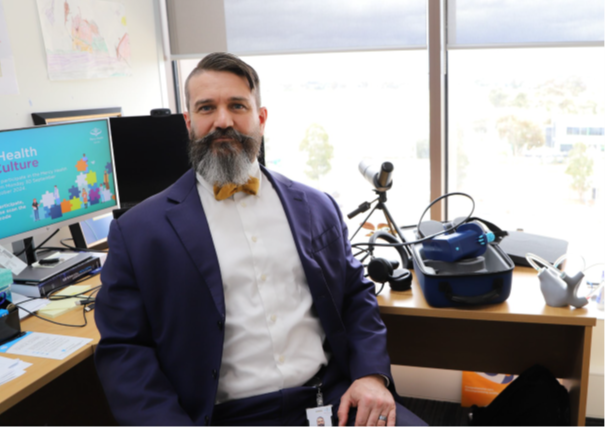
One key theme is questioning misconceptions about ageing. In a session about challenging stereotypes of ageing by contrasting myths with reality, students contemplate the meaning behind a passage in the Book of Samuel:
The Lord does not look at the things people look at. People look at the outward appearance, but the Lord looks at the heart. (1 Samuel 16:7)
The curriculum creators say the passage directly counters that ‘deficit mindset’ about ageing—that it is about being diminished as a human, rather than just another phase of life.
Prof Buys says if this generation of children will be living hundred-year lives, that myth needs to be cast aside. ‘Everyone needs meaning and purpose in their life. We really want to bring to the conversation with young people that meaning and purpose is vital to having a good life.’
She believes it is important to create that mindset from an early age, and that has to happen through intergenerational partnerships and relationships. ‘You’ve got to be part of the community and be active and engaged basically your whole life. You could be well and truly living into your 100s, so it’s important to have something that gets you out of bed and get up in the morning.’
It really is around living your best life.
The program draws inspiration from the New Map of Life, developed in Stanford University’s Centre for Longevity, which reimagines ageing as a time of opportunity.
‘Our life is no longer linear,’ Prof Buys says, referring to the ‘traditional’ path of birth, school, work, marriage, death. ‘That sort of trajectory no longer occurs in that there’s a lot of different transitions and pathways.
‘[Stanford researchers] say that learning doesn’t just occur in school and at uni, that it occurs throughout your life. The New Map of Life talks about the different ways we’re going to work, the different opportunities that will become available.
‘What I like about the New Map of Life is it doesn’t pit the generations against each other. It encourages everyone to work together. So it’s a really nice way of demonstrating that we all need each other.’
The program’s final session celebrates community, with children sharing their completed maps and envisioning ways to create spaces where people of all ages feel welcome. The intention, Prof Buys says, is to change the narrative around the opportunities that come with longevity.
‘And it’s exciting. It really is about living your best life up until the very, very end of it.’

Article: Melbourne Catholic 24 July 2025
Want to learn more? Visit the Healthy Ageing website for more information.
Looking to register your school for the new program? Complete the Secondary School registration or Primary School registration today.
Share this article:
Related articles
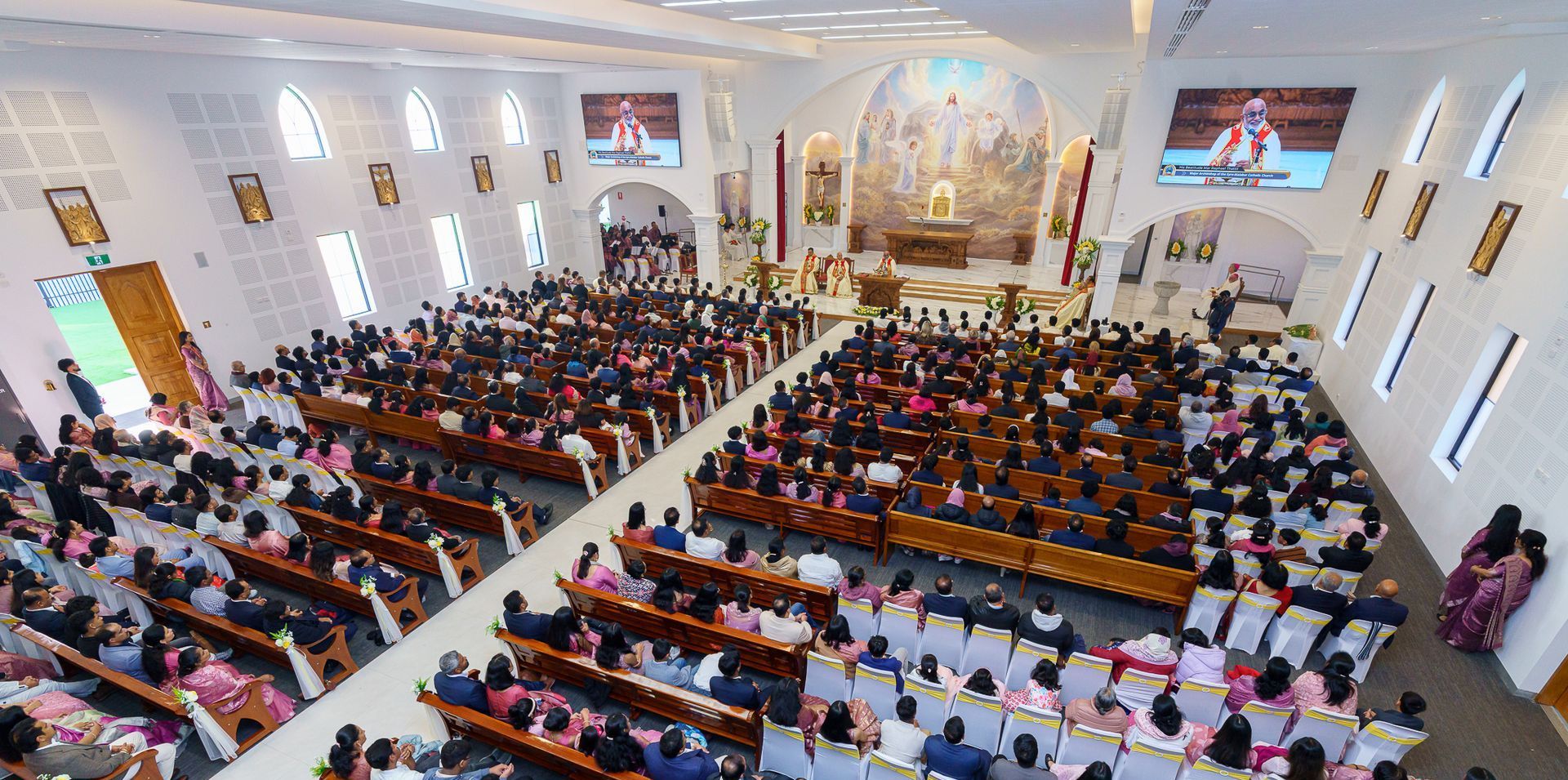
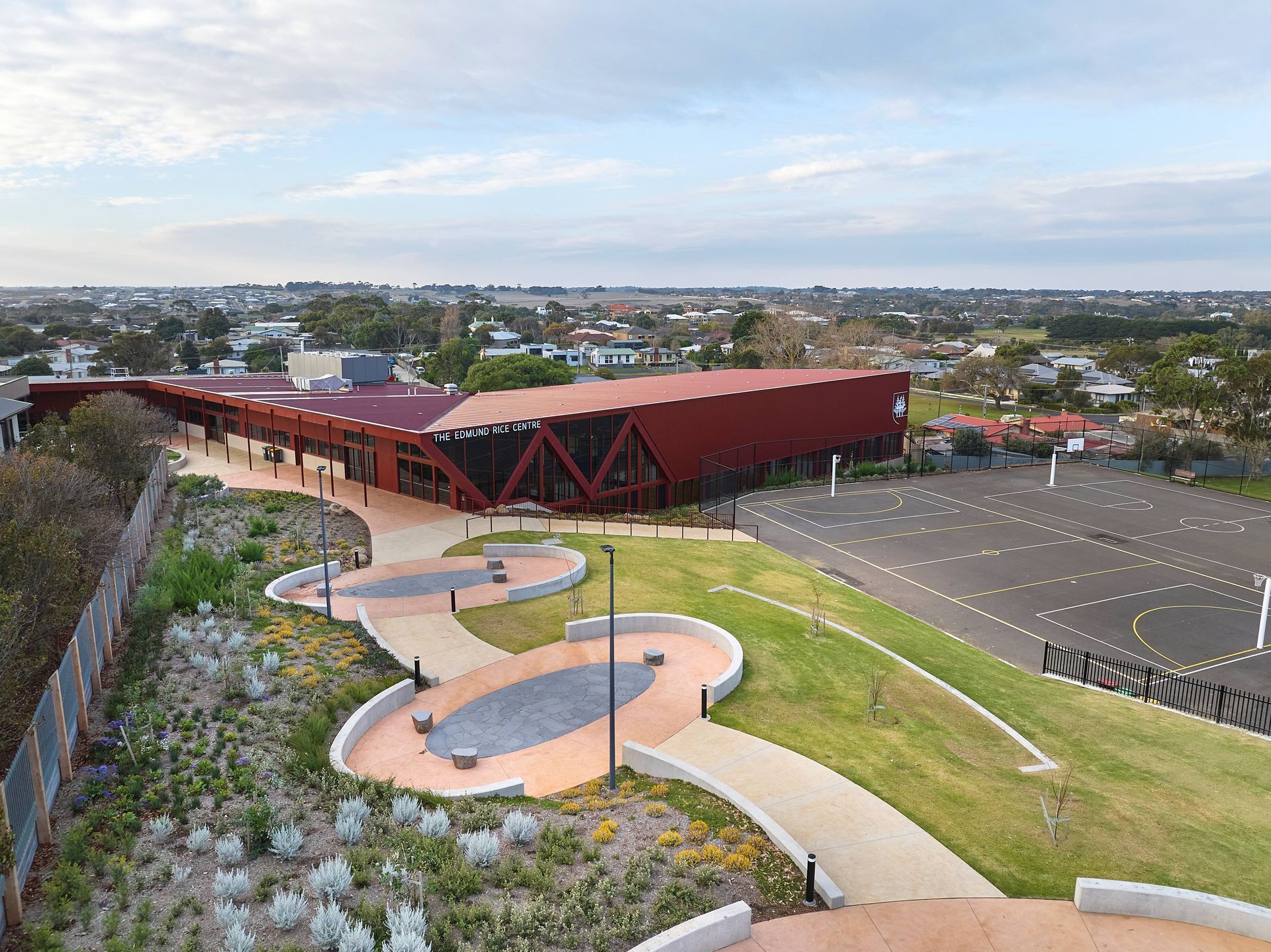
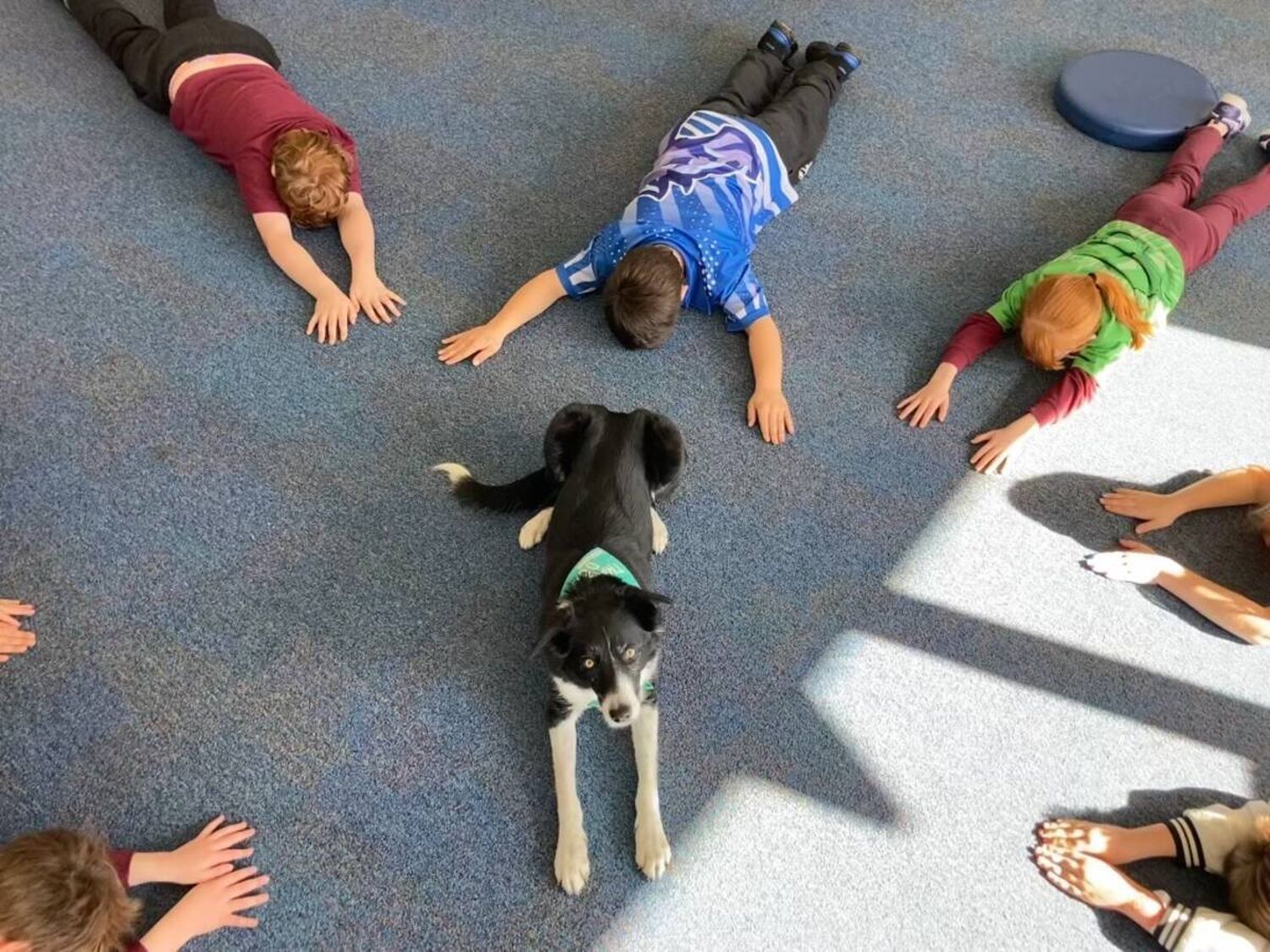
CDPF Limited, a company established by the Australian Catholic Bishops Conference, has indemnified the Catholic Development Fund ABN 15 274 943 760 (the Fund) against any liability arising out of a claim by investors in the Fund. In practice, this means your investment is backed by the assets of the Catholic Archdiocese of Melbourne. The Fund is required by law to make the following disclosure. Investment in the Fund is only intended to attract investors whose primary purpose for making their investment is to support the charitable purposes of the Fund. Investors’ funds will be used to generate a return to the Fund that will be applied to further the charitable works of the Archdiocese of Melbourne and the Dioceses of Sale and Bunbury. The Fund is not prudentially supervised by the Australian Prudential Regulation Authority nor has it been examined or approved by the Australian Securities and Investments Commission (ASIC). An investor in the Fund will not receive the benefit of the financial claims scheme or the depositor protection provisions in the Banking Act 1959 (Cth). The investments that the Fund offers are not subject to the usual protections for investors under the Corporations Act (Cth) or regulation by ASIC. Investors may be unable to get some or all of their money back when the investor expects or at all and investments in the Fund are not comparable to investments with banks, finance companies or fund managers. The Fund’s identification statement may be viewed here or by contacting the Fund. The Fund does not hold an Australian Financial Services Licence.


